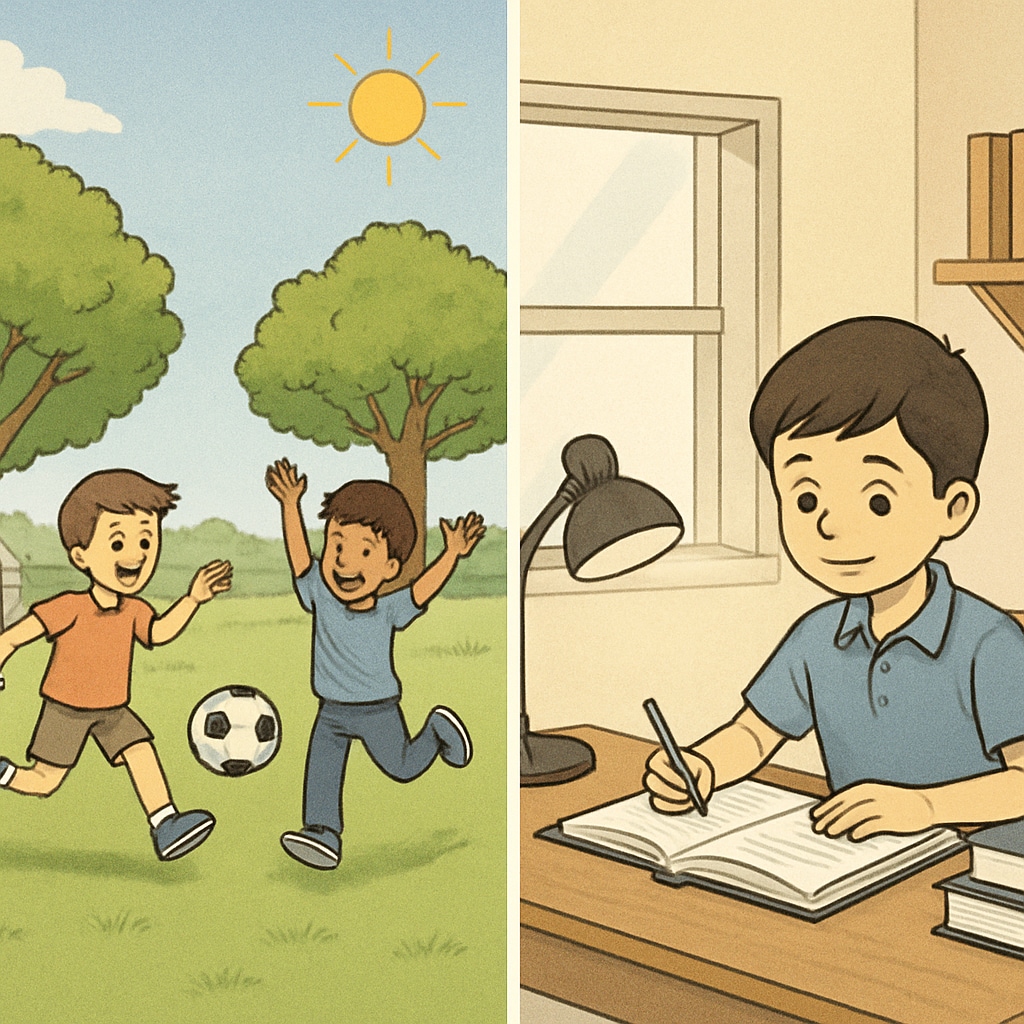The growing intensity of college admissions, first graders, challenges has become a concerning trend in modern education. As universities raise their selectivity standards, the ripple effects now reach children as young as six years old.

This premature pressure manifests in excessive tutoring, standardized test preparation, and even extracurricular resume-building for elementary students.
The Roots of Early Academic Pressure
Several factors contribute to this phenomenon. First, the competitive landscape of higher education has intensified globally. Parents, fearing future obstacles, adopt a “start early” mentality. Second, the commercialization of education markets promotes unrealistic benchmarks. For example, some private tutors now offer “college prep” packages for elementary students.
- Misinterpretation of long-term educational goals
- Lack of age-appropriate learning frameworks
- Cultural emphasis on academic prestige
Developmental Impacts on Young Learners
Excessive academic demands during early childhood can hinder natural growth. According to child development research, children aged 6-8 require balanced physical, social, and cognitive stimulation.

When academics dominate, critical developmental areas suffer:
- Emotional health: Increased anxiety and diminished self-esteem
- Social skills: Reduced peer interaction opportunities
- Physical development: Limited motor skill refinement through play
Practical Solutions for Balanced Growth
Parents and educators can implement these strategies to mitigate pressure while maintaining academic engagement:
- Reframe success metrics: Celebrate curiosity and effort over test scores
- Protect playtime: Ensure daily unstructured play for cognitive development
- Delay specialization: Allow broad exploration before academic focus
For example, some schools now replace traditional homework with family reading time for first graders. Others incorporate movement breaks between lessons to support attention spans.
Ultimately, addressing college admissions, first graders, challenges requires collective action. Schools must communicate realistic expectations, while parents should resist comparative parenting. By prioritizing age-appropriate development, we can cultivate resilient learners prepared for future academic journeys.


